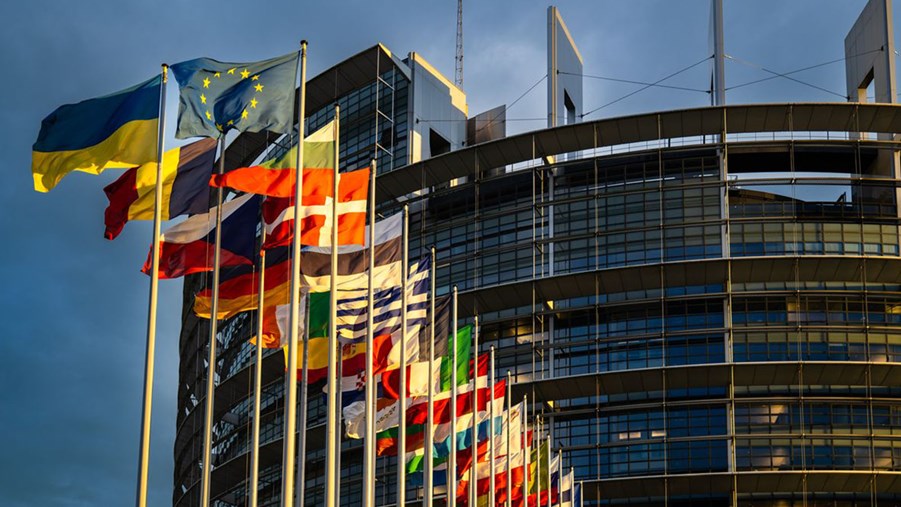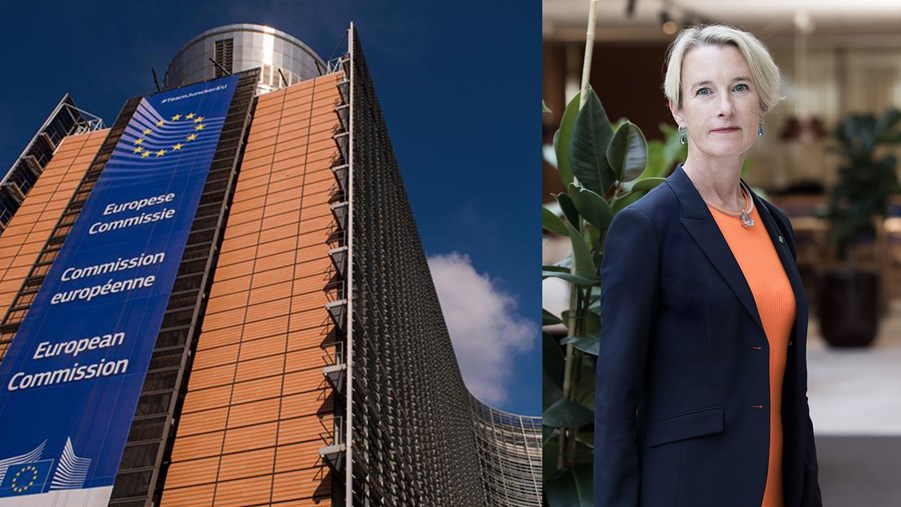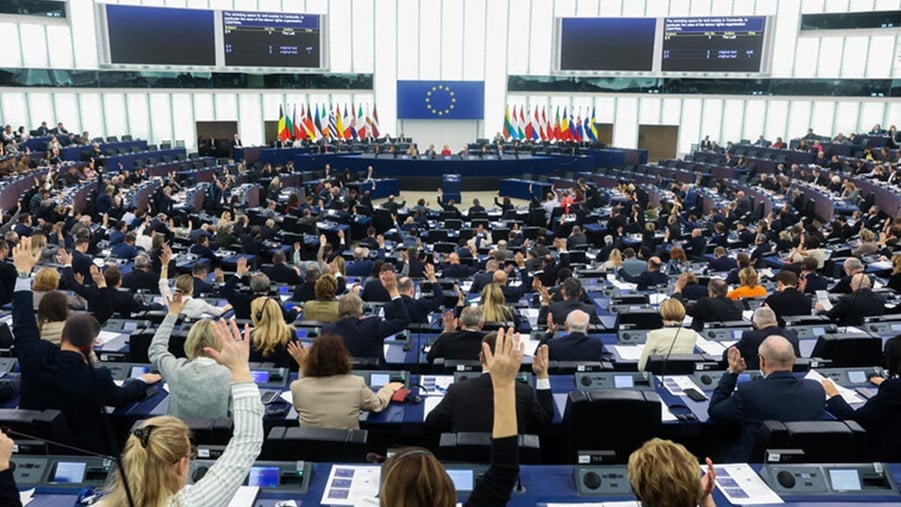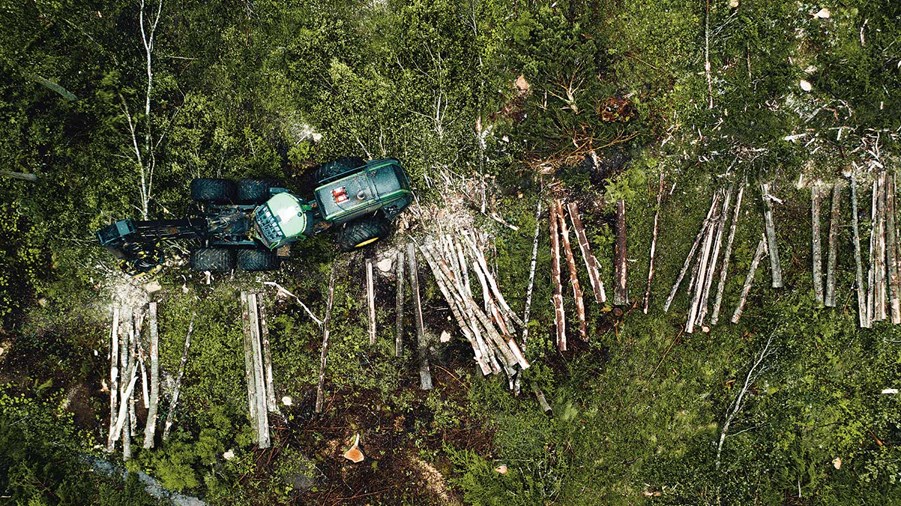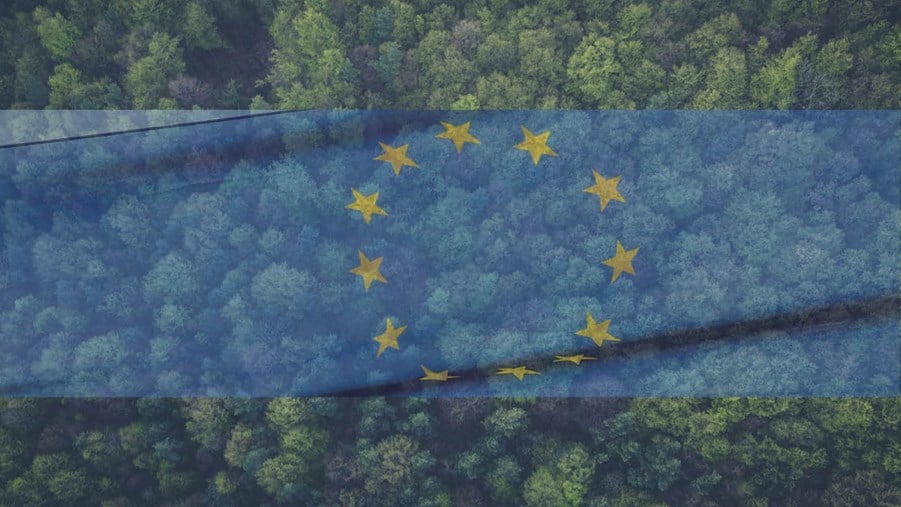
The EU Deforestation Regulation (EUDR) is a new piece of legislation aimed at ensuring that products consumed within the EU do not contribute to global deforestation or forest degradation.
The regulation covers commodities such as soy, palm oil, beef, cocoa, coffee, rubber and wood, and imposes requirements on companies that produce, import or trade these products. According to the UN, approximately 90% of global deforestation is caused by the conversion of forest land into agricultural land, followed by urban expansion and mining.
Companies subject to the regulation must apply what is known as “due diligence”. This means collecting geolocation data for commodities, assessing the risk of deforestation, and submitting a due diligence statement to the EU’s central information system.
The Swedish Forest Industries' view on the regulation
The Swedish Forest Industries (SFIF) welcome the recent amendments to the EU Deforestation Regulation. The Regulation’s important purpose – to combat global deforestation – remains intact, while the rules are now simpler and more proportionate for many Swedish companies producing climate-smart products from sustainably managed forests. This is a major step forward that reduces the administrative burden and strengthens the conditions for a competitive forest industry.
SFIF support the overall objective of the regulation – to combat global deforestation and forest degradation. This is crucial for preserving biodiversity, securing livelihoods and addressing climate change. For SFIF, ensuring healthy and resilient forests is a strategic priority. Sweden already has robust forest legislation and a responsible forest sector, which means the risk of deforestation is negligible.
What is happening now?
On 4 December, EU Member States and the European Parliament reached an agreement on changes to the EUDR. The agreement will now be formally approved before the new rules enter into force and replace the current Regulation.
The revised EUDR includes the following key changes:
- Postponement until 30 December 2026
For medium-sized and large companies, the rules will apply from 30 December 2026. For small and micro-enterprises, the date is 30 June 2027, excluding companies covered by EUTR. The EUTR will be repealed as of 30 December 2026. - Due diligence requirements limited to the first operator in the value chain
Only the operator who first places the product on the market or exports it is responsible for demonstrating due diligence and submitting a due diligence statement to the EU information system. - Simplified traceability requirements – reference numbers collected only by the first downstream operator
The “first downstream operator” (directly supplied by the first operator) must collect and store reference numbers for five years. There is no obligation to pass the reference number further downstream. - Simplified declaration for micro and small primary operators in low-risk countries
A one-time declaration with estimated volumes of timber to be placed on the market, with the possibility to update in case of significant changes. The facility’s postal address may be provided as an alternative to geolocation. - Printed products
Certain printed products are excluded from the scope of the Regulation, e.g., printed books and newspapers (HS code 49). - Review clause
By 30 April 2026, the Commission shall carry out a simplification review of the Regulation and, on this basis, submit a report to the European Parliament and the Council, accompanied by a legislative proposal if deemed appropriate. - Continued consultation with experts and stakeholders will take place within the Commission’s EUDR Multistakeholder Platform.
The background to these changes and the postponement is that there have long been significant uncertainties regarding the practical implementation of the Regulation. In September 2025, the Commission announced that its IT system – the backbone of the Regulation’s application – was not functional. The complexity of the original rules, uncertainties about practical application, the significant administrative burden on companies, and the global trade dimension led to widespread criticism and calls for regulatory simplification.
Where can I find more information about the Deforestation Regulation?
The Swedish Forest Agency website – Deforestation Regulation (in Swedish)
EU Commission website – Deforestation Regulation implementation (europa.eu)
